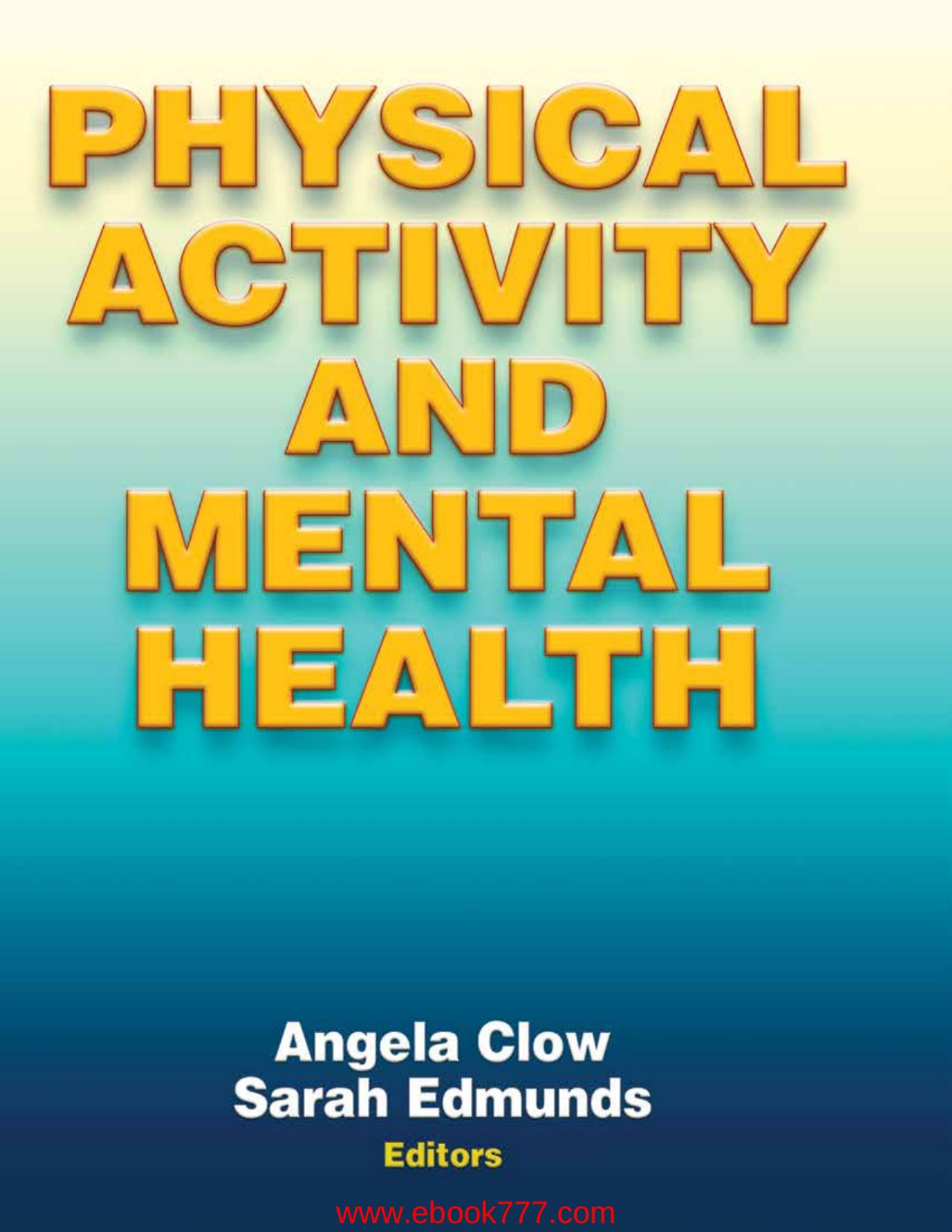

Most ebook files are in PDF format, so you can easily read them using various software such as Foxit Reader or directly on the Google Chrome browser.
Some ebook files are released by publishers in other formats such as .awz, .mobi, .epub, .fb2, etc. You may need to install specific software to read these formats on mobile/PC, such as Calibre.
Please read the tutorial at this link: https://ebookbell.com/faq
We offer FREE conversion to the popular formats you request; however, this may take some time. Therefore, right after payment, please email us, and we will try to provide the service as quickly as possible.
For some exceptional file formats or broken links (if any), please refrain from opening any disputes. Instead, email us first, and we will try to assist within a maximum of 6 hours.
EbookBell Team

4.1
70 reviewsWith contributions from internationally renowned experts, Physical Activity and Mental Health presents research illustrating how the use of physical activity can enhance well-being and reduce the impact of potentially debilitating mental health conditions. Written for students, researchers, and professionals in exercise science, fitness, and health care fields, Physical Activity and Mental Health details the factors that influence the relationship between mental health and physical activity as well as the benefits of physical activity in dealing with mental illnesses such as Alzheimer’s disease, depression, schizophrenia, and addictive behaviors. Readers will learn how promotion of physical activity can lead to a greater sense of well-being or act as a medical intervention. Exercise readiness checklists, mental health checklists, and population-specific sample activity plans assist in creating and implementing exercise programs to meet the needs of patients or clients.
Physical Activity and Mental Health begins with an exploration of the brain systems that are affected by physical activity and how these affect mental well-being. The text continues with discussion of the following topics:
• An overview of physical activity guidelines and the challenges in measuring physical activity in a mental health context
• How physical activity promotes well-being across the life span and among socioeconomic statuses
• How physical activity and exercise can improve quality of life and recovery in people with a range of mental and physical health conditions
• An examination of exercise dependence, including its relationship with eating disorders and body dysmorphia and the negative impacts of excessive exercise on mental health.